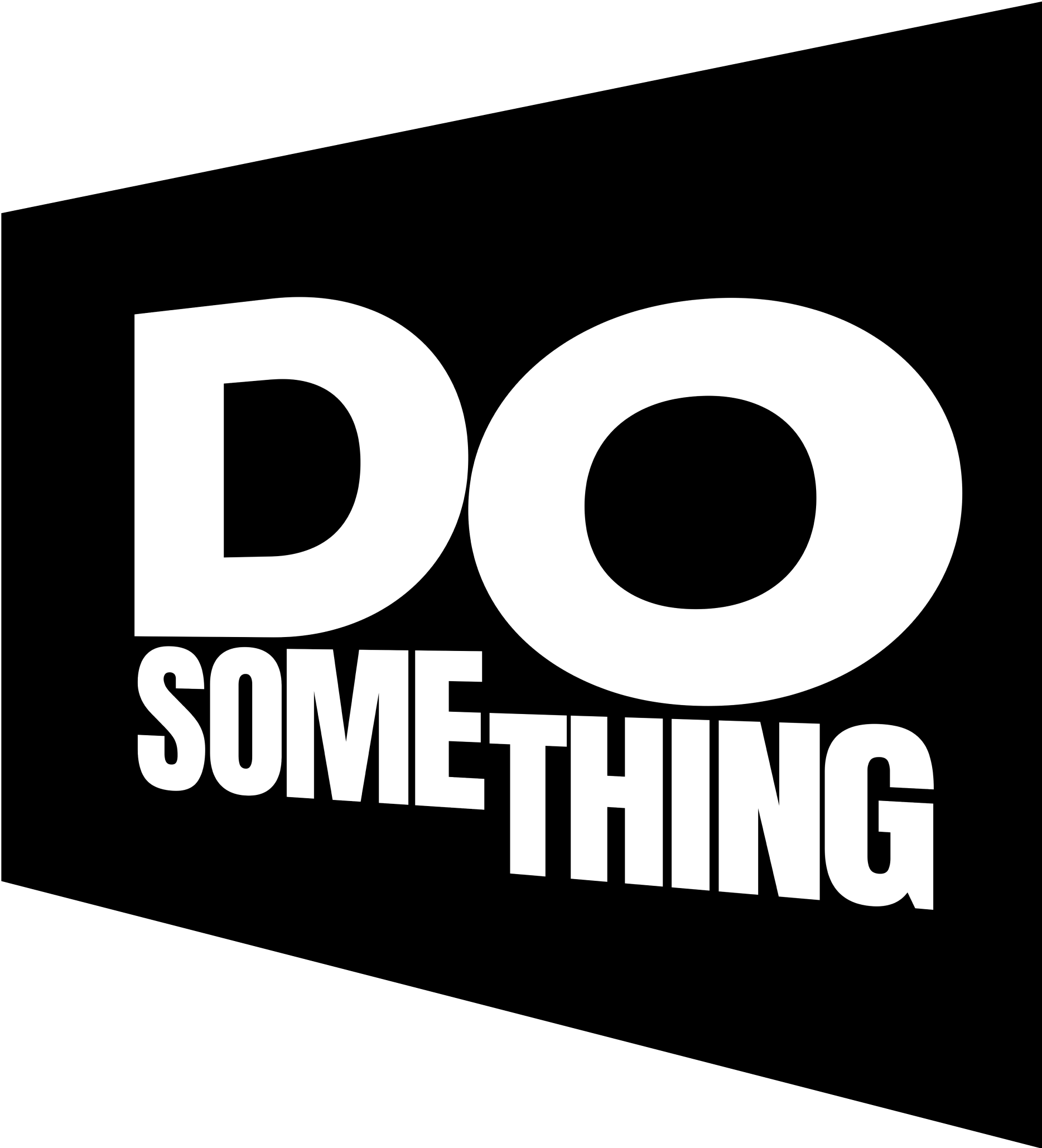11 Facts About the Democratic Republic of Congo
Welcome to DoSomething.org, a global movement of millions of young people making positive change, online and off! The 11 facts you want are below, and the sources for the facts are at the very bottom of the page. After you learn something, Do Something! Find out how to take action here.
- The Democratic Republic of the Congo is the second largest country in Africa. It borders nine countries: Angola, Burundi, the Central African Republic, the Republic of Congo, Rwanda, South Sudan, Tanzania, Uganda, and Zambia.^[Central Intelligence Agency. "The World Factbook: Democratic Republic of the Congo." Central Intelligence Agency. Web Accessed July 14, 2014.]
- The people of the DRC represent over 200 ethnic groups, with nearly 250 languages and dialects spoken throughout the country. Kinshasa, the capital, is the second largest French-speaking city in the world.^[Central Intelligence Agency. "The World Factbook: Democratic Republic of the Congo." Central Intelligence Agency. Web Accessed July 14, 2014.]
- Since the 1960s, the Congolese have endured over two decades of armed conflict with over 5.4 million people dead due to war-related causes, making it the deadliest conflict since World War II.^[Coghlan, Dr. Benjamin, Dr. Pascal Ngoy, Flavien Mulumba, Colleen Hardy, Dr. Valerie Nkamgang Bemo, Dr. Tony Stewart, Jennifer Lewis, and Dr. Richard Brennan. "Mortality In The Democratic Republic Of Congo." The IRC, 2007. Web Accessed May 8, 2015.]
- Congolese armed groups and elements of the army have a long, brutal history of recruiting child soldiers. The United Nations report at least 1,000 cases of child soldier recruitment between January 2012 and August 2013.^[United Nations Organization Stabilization Mission in the Democratic Republic of the Congo. "Child recruitment by Armed Groups in DRC from January 2012 to August 2013." MONUSCO, 2013. Web Accessed July 14, 2014.]
- The oldest national park in Africa is the Congo’s Virunga National Park. It is home to rare mountain gorillas, lions, and elephants. The park is currently under threat by the UK oil company, Soco, which has begun oil exploration there.^[UNESCO. "Virunga National Park - UNESCO World Heritage Centre." UNESCO World Heritage Centre - Official Site. Web Accessed May 8, 2015.]
- In the DRC, only 1.8% of existing roads are tarred and less than 10% of the population has access to electricity today. Recently there have been pushes to improve, including the announcement of a $1 billion package from the World Bank for infrastructure.^[PricewaterhouseCoopers. "Africa Gearing Up: Future prospects in Africa for the transportation & logistics industry." PwC, 2013. Web Accessed July 14, 2014.]
- The Democratic Republic of the Congo hosts the United Nations’ largest peacekeeping mission in the world, with over 21,000 soldiers from approximately 50 different countries.^[United Nations Organization Stabilization Mission in the Democratic Republic of the Congo. "Child recruitment by Armed Groups in DRC from January 2012 to August 2013." MONUSCO, 2013. Web Accessed July 14, 2014.]
- Due mainly to the ongoing instability in the eastern part of the country, about 450,000 refugees from the DRC remain in neighboring countries, particularly Burundi, Rwanda, Tanzania, and Uganda.^[United Nations High Commissioner for Refugees. "UNHCR Global Appeal 2015." UNHCR, 2015. Web Accessed July 14, 2014.]
- The DRC is among the most resource-rich countries on the planet, with an abundance of gold, tantalum, tungsten, and tin – all minerals used in electronics such as cell phones and laptops – yet it continues to have an extremely poor population.^[Lezhnev, Sasha and Alex Hellmuth. "Taking Conflict Out of Consumer Gadgets: Company Rankings on Conflict Minerals." Enough Project, 2012. Web Accessed July 14, 2014.]
- Tin, tungsten, tantalum, and gold have been dubbed “conflict minerals.” Armed groups use the profits from sales for campaigns of violence. Some companies are becoming more accountable by tracing their supply chains.^[Lezhnev, Sasha and Alex Hellmuth. "Taking Conflict Out of Consumer Gadgets: Company Rankings on Conflict Minerals." Enough Project, 2012. Web Accessed July 14, 2014.]
- Former NBA All-Star Dikembe Mutombo was born in the Democratic Republic of the Congo. In 1997, he founded a humanitarian foundation to improve the health, education and quality of life for the people in the DRC.^["Mission Statement." Dikembe Mutombo Foundation, 2009. Web Accessed July 22, 2014.]
GET INVOLVED
Make a difference in your community and add your vision to the future of our democracy
